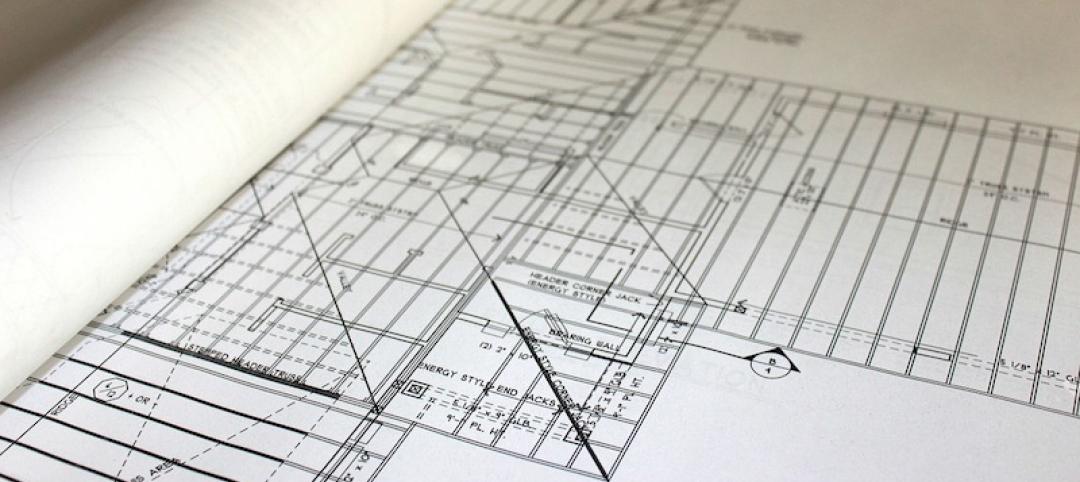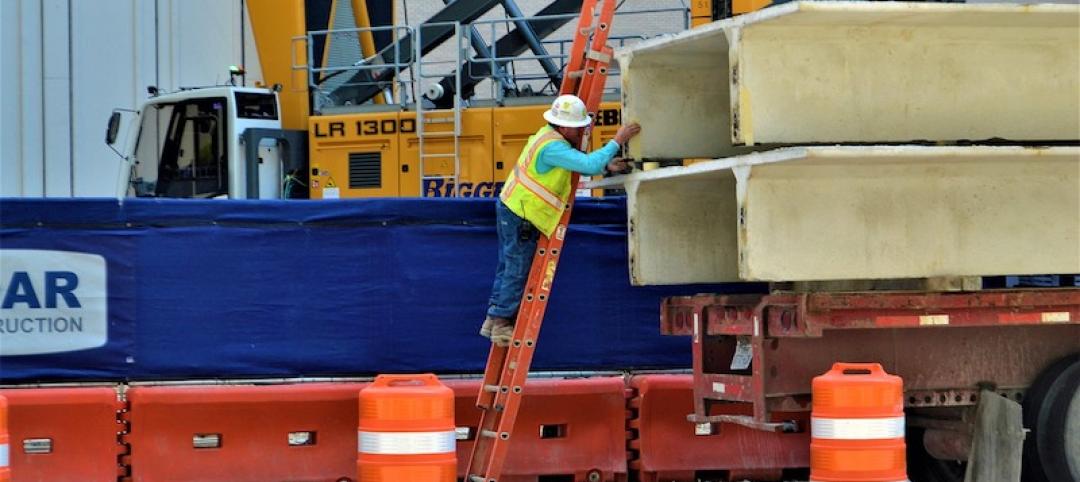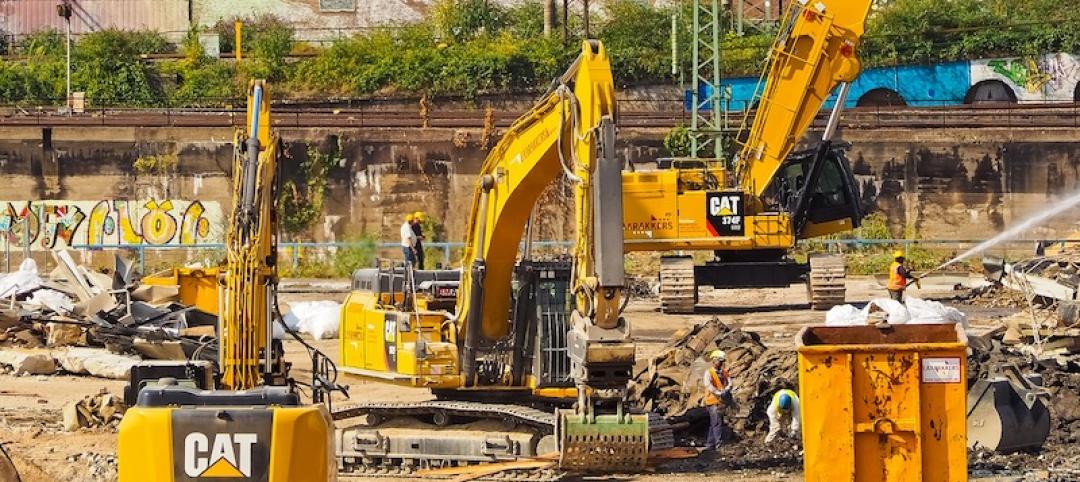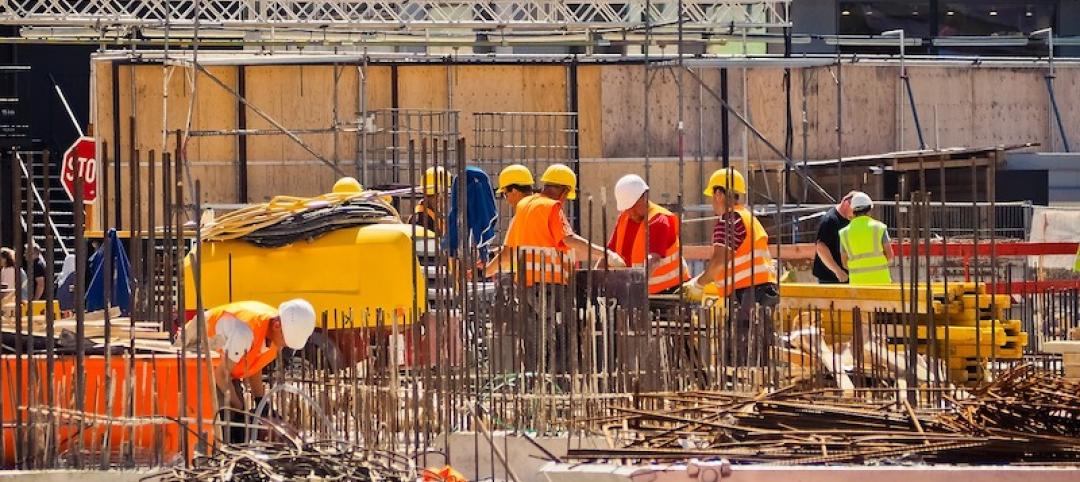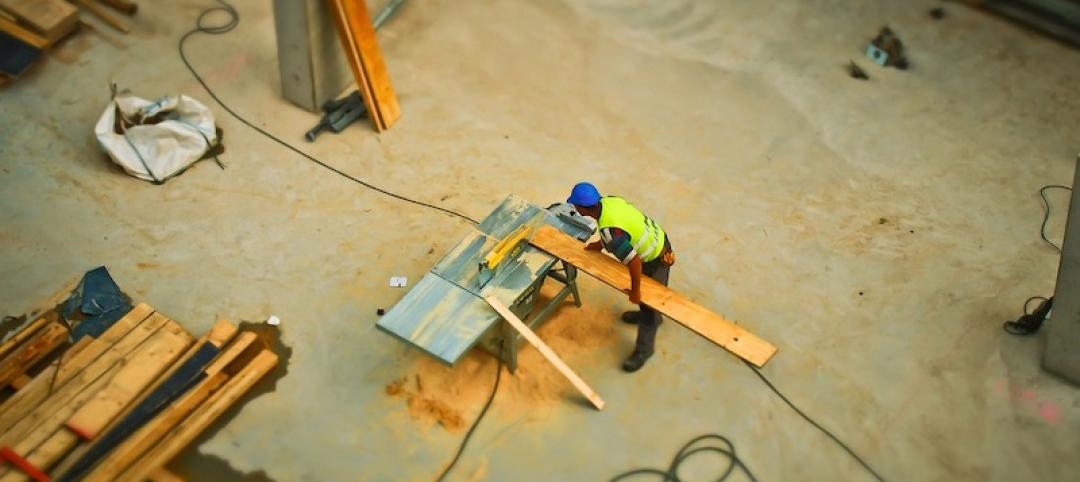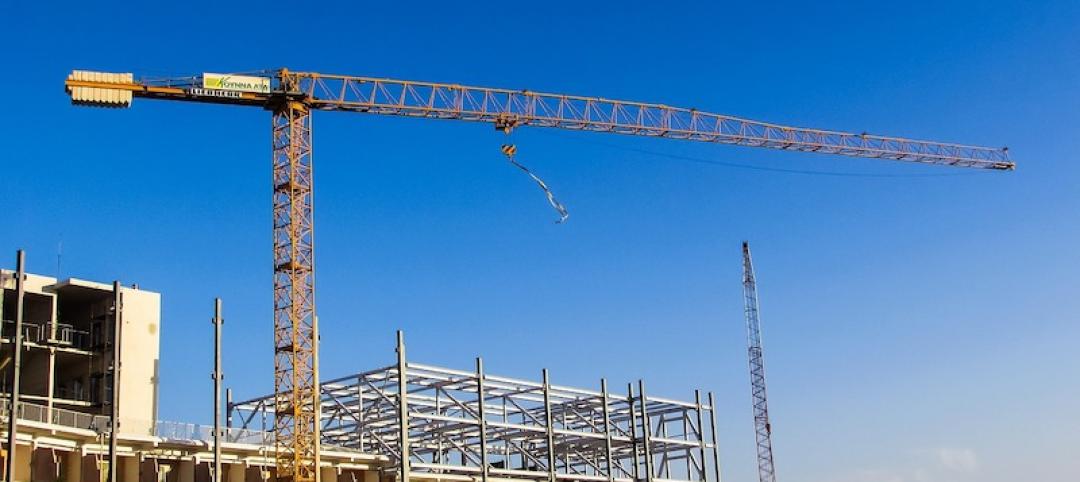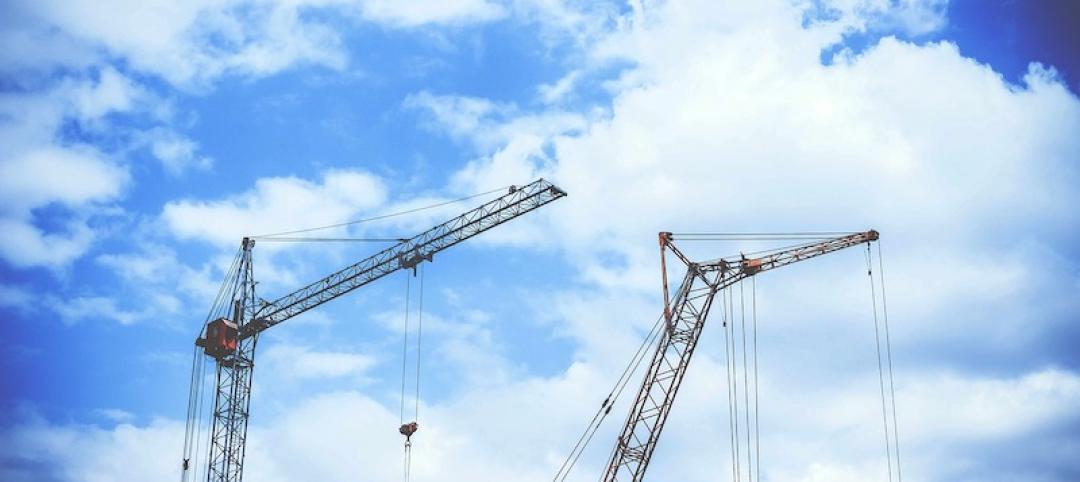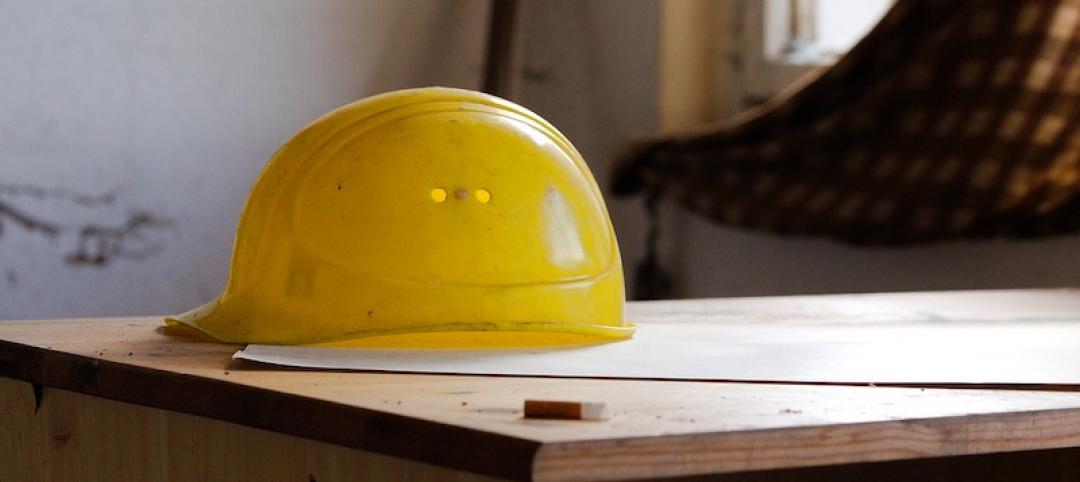1. Ryan Companies breaks ground on 122-acre Highland Bridge redevelopment in St. Paul, Minn. (BD+C)
"This $1.3 billion project—whose funding includes $320 million in public and private investments for parks, infrastructure, affordable housing, and tax-increment financing—has been a decade in the making. Bringing the master plan to life involved 45 public meetings that drew 1,300 attendees, and 80 presentations to business, civic, and nonprofit groups."
2. Never waste a crisis (BD+C)
"Count Fred Bland among the AEC executives who were blown away by how efficiently their associates performed from home during the pandemic lockdown. “It was a great surprise to me that, remotely, we’ve been able to serve our clients well,” says Bland, FAIA, AICP, Managing Partner with Beyer Blinder Belle. He attributed that success to a combination of technology and esprit de corps."
3. A Florida company is helping developers optimize their buildings’ parking amenities (BD+C)
"RPS, which built the first autonomous garage in the United States in Hoboken, N.J., in 2001 (a garage that’s still operational to this day), has been focusing its attention in recent years on the Middle East. The company is preparing to release an online, AIA-approved education program that provides details for planning, installation, and operation of autonomous parking facilities.
4. Will luxury condos sell in a pandemic? SF High-rise is the market’s first big test (San Francisco Chronicle via National Real Estate Investor)
“Despite the difficulties of selling luxury condos in a downtown neighborhood mostly bereft of workers and festooned with boarded-up stores and restaurants, San Francisco’s condo market is performing far better than its rental housing market, as families put a premium on quality living spaces during shelter-in-place.”
5. The hottest job in commercial real estate? Infectious disease expert (Fast Company via National Real Estate Investor)
"Even after the pandemic, the chief health officer could be a permanent fixture in real estate."
6. ‘I can’t keep doing this:’ Small business owners are giving up (New York Times via National Real Estate Investor)
“More owners are permanently shutting their doors after new lockdown orders, realizing that there may be no end in sight to the crisis.”
Related Stories
Market Data | Mar 24, 2021
Architecture billings climb into positive territory after a year of monthly declines
AIA’s ABI score for February was 53.3 compared to 44.9 in January.
Market Data | Mar 22, 2021
Construction employment slips in 225 metros from January 2020 to January 2021
Rampant cancellations augur further declines ahead.
Market Data | Mar 18, 2021
Commercial Construction Contractors’ Outlook lifts on rising revenue expectations
Concerns about finding skilled workers, material costs, and steel tariffs linger.
Market Data | Mar 16, 2021
Construction employment in January lags pre-pandemic mark in 42 states
Canceled projects, supply-chain woes threaten future jobs.
Market Data | Mar 15, 2021
Rising materials prices and supply chain disruptions are hurting many construction firms
The same firms are already struggling to cope with pandemic impacts.
Market Data | Mar 11, 2021
Soaring materials costs, supply-chain problems, and project cancellations continue to impact construction industry
Costs and delayed deliveries of materials, parts, and supplies are vexing many contractors.
Market Data | Mar 8, 2021
Construction employment declines by 61,000 in February
Association officials urge congress and Biden administration to focus on new infrastructure funding.
Market Data | Mar 2, 2021
Construction spending rises in January as private nonresidential sector stages rare gain
Private nonresidential market shrinks 10% since January 2020 with declines in all 11 segments.
Market Data | Feb 24, 2021
2021 won’t be a growth year for construction spending, says latest JLL forecast
Predicts second-half improvement toward normalization next year.
Market Data | Feb 23, 2021
Architectural billings continue to contract in 2021
AIA’s Architecture Billings Index (ABI) score for January was 44.9 compared to 42.3 in December.




